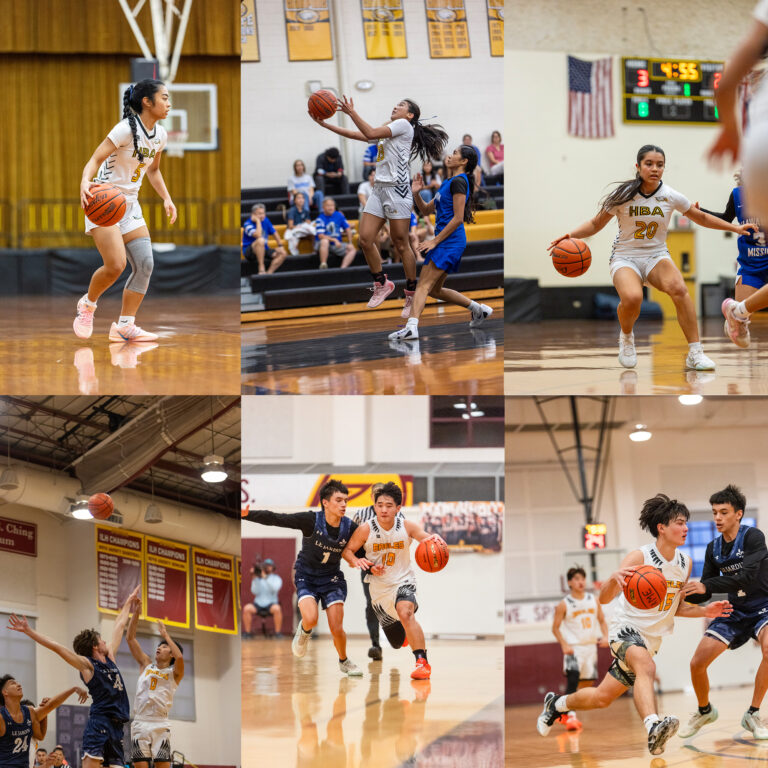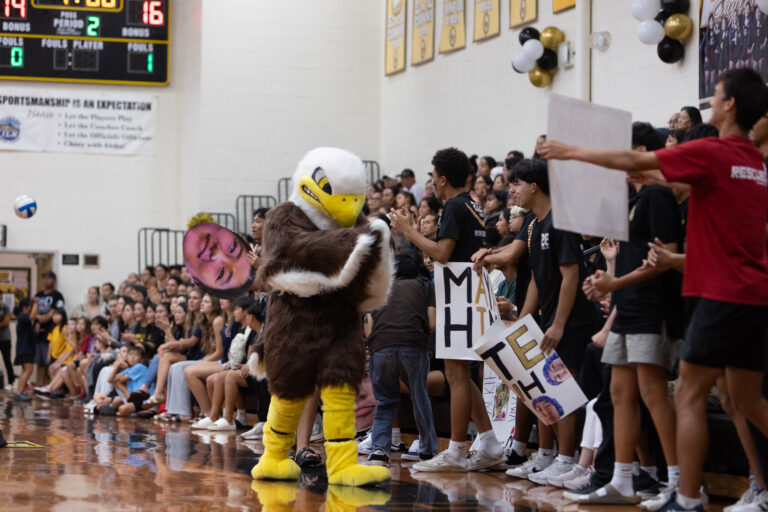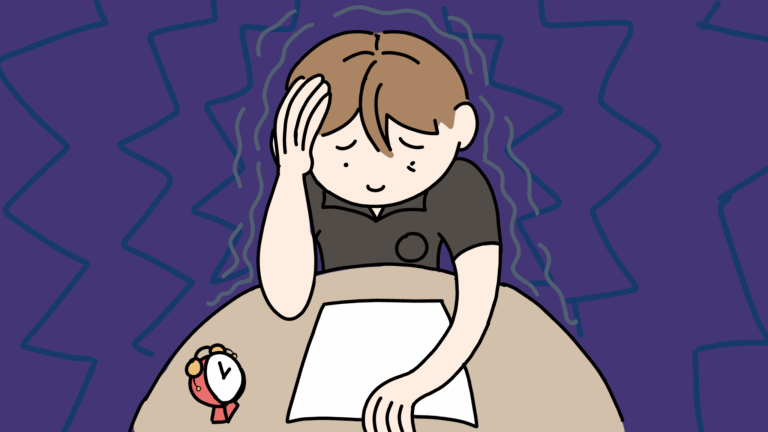Rap and hip hop music is enjoyed by millions of teens and young adults today. Kendrick Lamar made $18.5 million off of his album Untitled Unmastered in 2016, Drake made $38.5 million of his album Views, and even an older artist such as Dr. Dre made $41 million from his movie Straight Outta Compton, the most among hip hop artista in 2016 strictly from musical endeavors. As popular as this style of music is, there are those who dislike or don’t understand the appeal of rap. At the Eagle Eye, we wanted to answer the question, “What makes rap so appealing?”
Senior Jarred Hee said he enjoys rap and hip hop music for many reasons. “The rhythm and beats are infectious. A really good rapper is capable of telling a really good story about their own or others’ experiences and/or opinions. Rap and hip hop artist seem more authentic than pop stars because the platform rap gives them allows them to say and show how they really feel or think about a certain topic,” he said. Senior Trevor Kubo, however, feels indifferent to the genre. “I sort of like rap and I listen to it occasionally, although I don’t listen to it as much as I used to. The reason I liked it was I thought I it just sounded cool. The beats were catchy and got me going, and the lyrics were funny or clever. However, I listen to rap less now because I don’t like how much it has changed. It has become more about rappers just saying things that will help their music sell. They talk about living rich lives and living that kind of lifestyle versus how they used to rap about real experiences.” Math teacher Terence Li listens to older rappers, and finds rap appealing for different reasons. “In the eighth grade, me and my friends would make fun of rap. We’d call it ‘c-rap.’ I liked rock music back then. In the ninth grade I started listening to a radio station that played all kinds of music genres. It was called Extreme radio, now it’s Power 104.3. Everything changed in 10th grade when I heard Eminem. Then I started to like rap and listen to rappers that combined rock and rap like DMX, Lincoln Park, and Kid Rock.
Many times people listen to certain musical artist because they feel they can relate to them. Is that also true for listeners of rap even though it seems that most rappers grow up in tough conditions? When asked if he could relate to rappers he listen to, Li said, “No, it’s so different. I believe true hip hop is a lifestyle, and that’s just not me. I have weird moments where I appropriate black slang, culture, and attitude for my needs. It can show up if I’m mad, happy, emotional, etc. I am not from the ghetto or the streets so I can’t relate to their upbringings. I’m really just a fan.” Hee on the other hand believes that, “Most listeners can relate to rappers and hip hop artists. Not in the sense of their harsh environments, but in the sense that we all go through and overcome struggles. Maybe not as drastic as the struggles they face, but struggles no less.”
One of the main reasons many people stay away from rap and hip hop is the common belief that rap can have a negative influence because the lyrics often have to do with sex and drugs, and have explicit content. When asked if that was true, rap fans had differing opinions. Hee, says,“The things they say are negative, but it doesn’t necessarily poison the mind of the listener. It is the listener’s choice to react in negative ways, so it’s more the listener’s fault if their mind becomes poisoned than it is the rapper’s.”
All things are permissible but not all things are beneficial.
Robert Lockridge, HBA’s Christian Ministry’s Director, doesn’t listen to rap, but isn’t against it either. He laughed at the suggestion that any music could “poison” anyone. “The lyrics can embed themselves into a person’s personality, but only if it they let it. The problem comes when people try to imitate some of the bad actions that are being rapped about, but they can make the choice not to. When a woman is seen as nothing more than an object to be used and abused, some people will start treating them that way,” said Lockridge.
Li agreed and said, “Sure, rap can be a problem when it is taken out of context. It’s not necessarily the rappers fault. Many times I hear Asian students at HBA use the N word in an inappropriate fashion. They do so because they don’t yet understand Black American experiences and culture. When you meet black people and see black culture, you’ll treat it with more respect. The “poison” is from the lack of information. If we unpack the meanings in rap lyrics, and rap culture we can learn about other people. That knowledge is good. We only see the glamorous side of drug dealing, so we see a very incomplete picture of lifestyle. All in all, knowledge is poisonous without context.” Kubo, on the other hand, has no doubt rap has a negative influence on its listeners.“Rap today has poisoned younger minds. I notice a lot of the younger kids dress, talk, or act a lot differently than me and my friends used to when we were younger. I believe this new behavior is in relation to mainstream hip hop and rap. I really disagree with it…” said Kubo.
Rap maybe wouldn’t be so frowned upon by the older generation if there were positive forms of it that were listened to regularly. We asked if there are forms of positive rap out there, and if not what kind of music do people listen to in order to find positivity. Kubo said, “I’m sure there is positive rap out there still, but I don’t listen to it. I find positivity in other forms of music. I like death metal, hardcore, punk. Hard stuff. You feel me? Also some soft stuff too. Its lyrics are honestly more positive than rap though. Rap now tries to be cool, but they are fake.”
Despite the negative aspects of rap, Li brought up a great point on why rap and hip hop is so important. He said, “We can’t forget how important black culture is. What started as Jazz became Rock & Roll and what was Rock & Roll became Rap. Rap is the biggest outlet/platform for black culture, good or bad, to be heard. We need to investigate why these things have values, and that gives a picture of their lifestyle.” He added, “Confidence is needed in performing any music, but there is a certain machismo needed especially in black rap culture. Rap gives me an example of confidence and I can take that confident attitude and apply it to life.”
At the end of the day, whether you like rap or don’t, we all can agree that music in general takes you into another world. The love, loss, or anger rappers speak of are universal feelings for everyone. Those emotions are just expressed differently in rap than they are in other music. “When we listen to any music, we should take a second to see what we’re consuming and by doing so, we’ll either find that type of music more likable or less likable,” said Li. And referring to a verse from I Corinthians 10, Li offered this advice: “All things are permissible but not all things are beneficial.”






